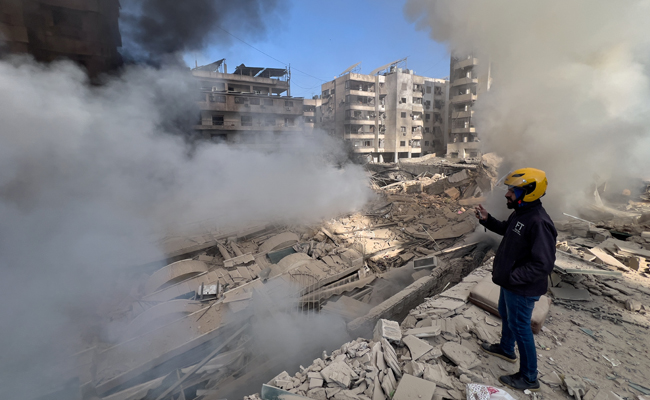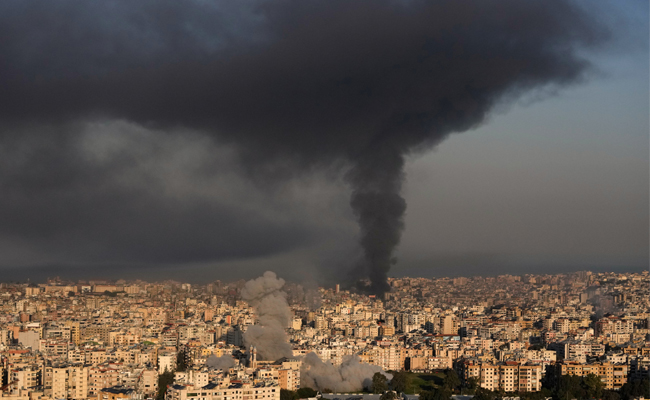Tokyo, June 13 : The Japanese Parliament on Wednesday approved a bill to lower the age of adulthood from 20 to 18 years, a measure aimed at encouraging the participation of young people in the society in the face of a rapidly ageing population.
The measure, set to come into effect in April 2022, would allow young people over the age of 18 to marry without parental consent, although the legal age for drinking alcohol, smoking or gambling would continue to be 20, Efe news reported.
Men above 18 and women over the age of 16 were already allowed to get married in Japan with parental consent, but the new measure eliminates this clause and also raises the legal marriageable age for women to 18.
The new law is in line with the one already approved by the Parliament, or Diet, in June 2015, which reduced the minimum voting age from 20 to 18, the largest electoral reform in the country since 1945, putting it at par with most other democratic countries.
Justice Minister Yoko Kamikawa, following her vote in the Diet's Upper House, highlighted the significance of the new law that will empower those above 18 years of age to make their own life choices.
There will also be reviews of 22 other laws related to nationality and the issuance of passports.
The Diet last week also approved an amendment in the consumer contract law to protect vulnerable young consumers from economic fraud, so that transactions in which the seller exerts some kind of pressure on the consumer -- even if they are above 18 -- could be cancelled.
Let the Truth be known. If you read VB and like VB, please be a VB Supporter and Help us deliver the Truth to one and all.
Dubai (AP): Lebanon's state-run National News Agency said on Tuesday that the Lebanese army is evacuating some of its positions along the border with Israel.
The agency said that the troops are redeploying to other posts.
The report comes after Israel's military said it is conducting operations inside Lebanon along the border with Israel.





